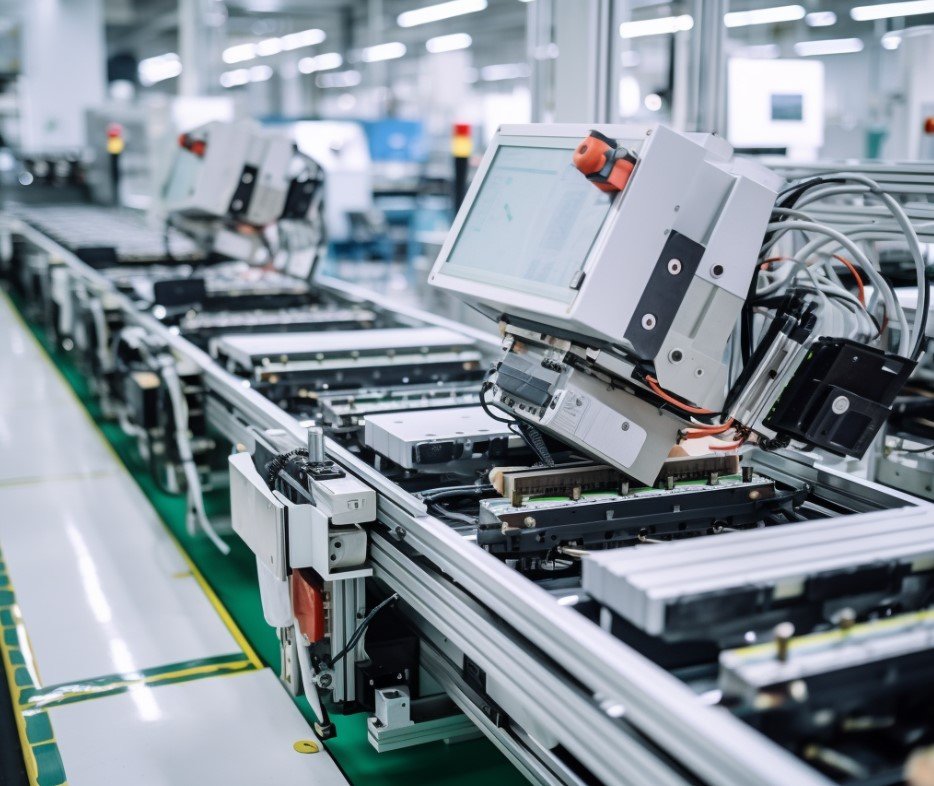BYD, the world’s largest electric vehicle (EV) maker, has started the construction of its first plant for sodium-ion batteries, a new type of battery that could lower the cost and environmental impact of EVs. The plant, located in Xuzhou, China, will have an annual production capacity of 30 GWh, making it the largest project of its kind in the world.
Sodium-ion batteries are similar to lithium-ion batteries, the most common type of battery used in EVs, but they use sodium instead of lithium as the main element. Sodium is much cheaper and more abundant than lithium, which means sodium-ion batteries could reduce the cost and dependence on rare minerals for EVs. Sodium-ion batteries also have a lower environmental impact, as they do not require cobalt, a metal that is often linked to human rights violations and environmental damage in its mining and processing.

Sodium-ion batteries, however, have some drawbacks compared to lithium-ion batteries. They have a lower energy density, which means they can store less energy per unit of weight or volume. They also have a shorter cycle life, which means they degrade faster after repeated charging and discharging. These limitations make sodium-ion batteries less suitable for large and long-range EVs, but more suitable for small and short-range EVs, such as microcars and light electric vehicles.
How is BYD leading the sodium-ion battery industry?
BYD, which stands for Build Your Dreams, is a Chinese automotive and battery technology giant that has been a pioneer in the EV industry. BYD is not only the world’s largest EV maker, but also the world’s largest EV battery maker. BYD has developed its own battery technology, called the Blade battery, which is a lithium-iron-phosphate (LFP) battery that has a high safety and long life span. BYD supplies its batteries to other EV makers, such as Tesla, which uses them for its Model Y in Europe.
BYD is also the first EV maker to adopt sodium-ion batteries in its EVs. BYD plans to introduce a hybrid battery system that combines sodium-ion and lithium-ion batteries in its Seagull model, a compact EV that is expected to be BYD’s top-selling vehicle globally after launching earlier in 2023. The hybrid battery system will allow the Seagull to have a longer range and a lower cost than using only lithium-ion or sodium-ion batteries.
BYD has also partnered with Huaihai Holding Group, a local company that specializes in marketing and application scenarios for sodium-ion batteries, to build the new plant in Xuzhou. The plant will cost 10 billion yuan (about 1.4 billion euros or 1.6 billion dollars) and will aim to become the world’s largest supplier of sodium-ion batteries for small EVs. The plant will also help BYD to diversify its battery portfolio and to hedge against the potential price fluctuations of lithium in the future.
What are the implications and challenges of sodium-ion batteries for the EV industry?
Sodium-ion batteries are a promising technology that could lower the barriers for EV adoption, especially in emerging markets where cost and availability of resources are major concerns. Sodium-ion batteries could also reduce the environmental and social impacts of EV battery production, which is often criticized for its high carbon footprint and human rights violations. Sodium-ion batteries could also spur more innovation and competition in the EV battery industry, which is currently dominated by a few players, mostly from China.
However, sodium-ion batteries also face some challenges and uncertainties. They still need to prove their performance and reliability in real-world conditions, as they are relatively new and untested compared to lithium-ion batteries. They also need to overcome the technical and regulatory hurdles that may arise from their different chemistry and characteristics. They also need to compete with other emerging battery technologies, such as solid-state batteries and lithium-sulfur batteries, that may offer better solutions for EVs in the future.
Sodium-ion batteries are not a silver bullet for the EV industry, but they are a valuable addition to the battery mix that could benefit both EV makers and consumers. BYD, as the leader of the sodium-ion battery industry, is showing the way for other EV makers to follow and explore the potential of this new technology.
